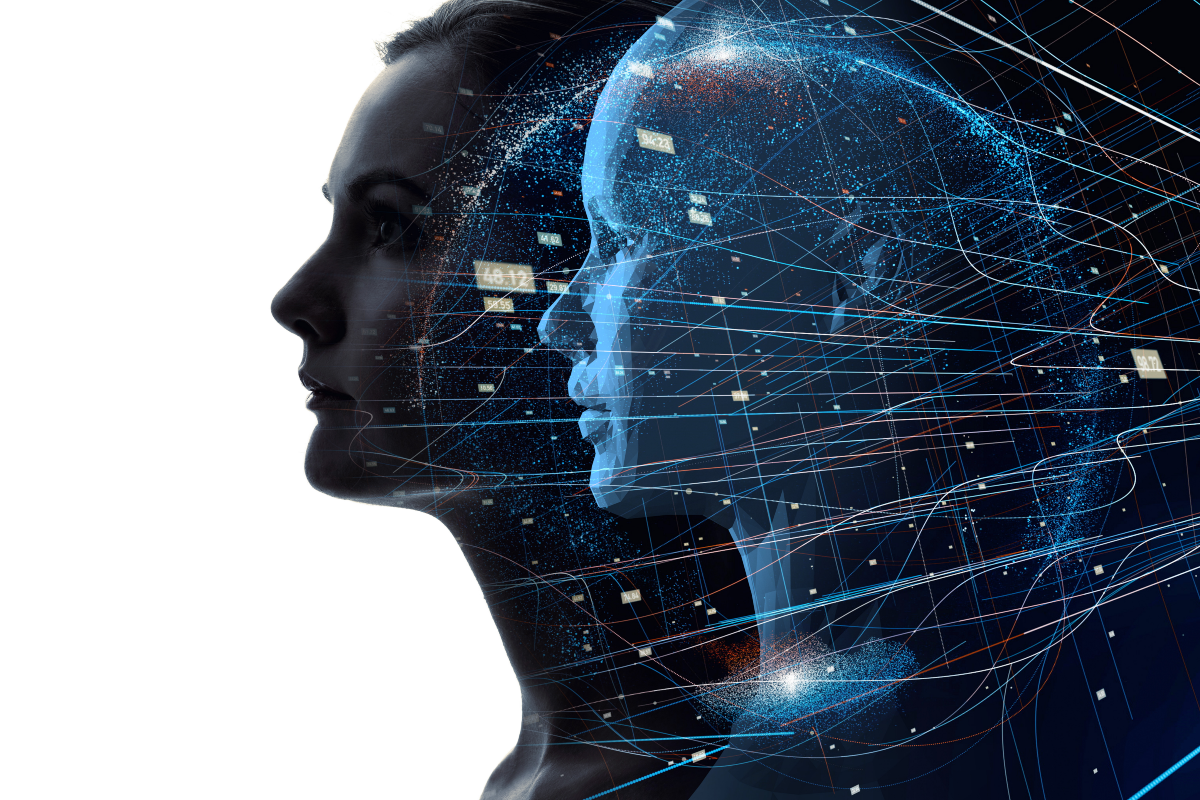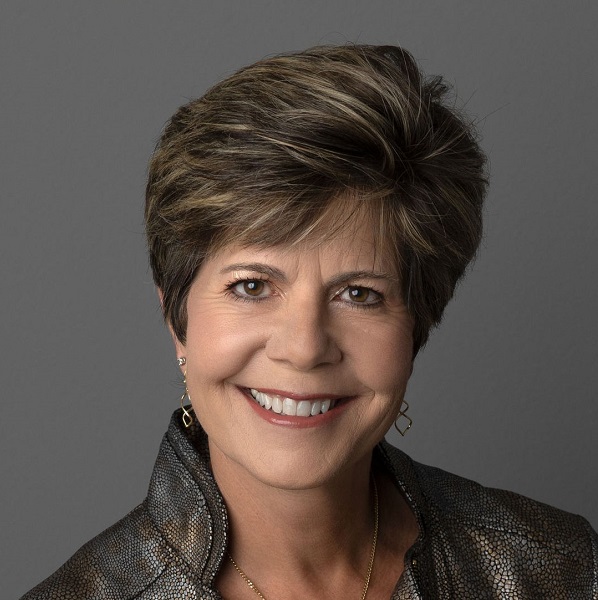In the lineup of identifiers under my name….
sacred activist | social scientist | healer | spiritual mentor
…..you may wonder what the second one—social scientist—really means and what it has to do with my spirituality and Sacred Activism for Peacemaking.
The social sciences are the study of human beings, society and culture. As a social scientist by training, I have grounding in the fields of politics, psychology, anthropology, history, and folklore (with a bit of literature smattered in there). You could also call me a humanities scholar. It all depends on where die-hard academics want to pigeonhole me and arguments over disciplinary definitions.
Ultimately, I took the bull by the horns and decided upon a reasonable moniker recognizable to fellow academics and the world—social scientist. This part of who I am is very important to me and is part of my spiritual worldview.
In short, I have spent my life pursuing the study of our complicated humanity with a particular focus from the social sciences on how personal and collective traumas affect individuals and societies. I believe that healing our wounds is central to addressing the violence and chaos that we are currently experiencing on the planet. Further, it is problem that demands two conjoined perspectives and approaches: one is pragmatic, the other is spiritual.
For all his limitations, thanks to Sigmund Freud resurrecting the study of the human mind and emotions at the turn of the 19th century, the West has developed a fairly sophisticated understanding of psychology. Carl Jung then took what he had learned from his teacher, Freud and expanded into the exploration of the human soul—the transpersonal dimension. Both men also understood the dynamic interconnection between the individual and society.
This is not to say that non-western societies did not have this knowledge; indeed, they did. One example is Tibet where nuns and monks over centuries sat in meditation and ceremony and inquired into the nature of mind and consciousness. And not only that, they recorded their findings in writing.
It’s just that after the darkness and genocide of the native peoples that spread across the European continent over millennia and that was exported around the world prior to the early 20th century, this essential wisdom was both suppressed and lost to Europeans and their descendants. What we in the West have been doing since the end of the 19th century is resurrecting and perhaps even adding to foundational human wisdom as history rolls forward. This is why the Dalai Lama started conversations 40 years ago which continue to this day between western scientists and psychologists and Buddhists to explore the similarities and differences between their findings and understandings.
Do not get me wrong: I understand, as well, that we in the West have been and can be very prejudiced, myopic and limited in our view. We have been and can be arrogant and ignorant. For hundreds of years, facts have been and continue to be distorted in favor of white supremacy. Reckless western capitalism and militarism has caused and continues to cause much damage. The fields of western psychology and psychiatry have also made and continue to make mistakes.
Believe me, I am a liberal progressive. I have no illusions.
But the light always dances with the shadow. This means that there is also much good that has come out of the western sciences, social sciences and humanities. The Dalai Lama recognizes this. He knows that something can be gained for humanity as a whole from cross-cultural and interreligous dialogue. This is why Tsalagi (Cherokee) teacher, Venerable Dhyani Ywahoo has done the same.
I have never been one to color inside the lines. I am a boundary-crosser, visionary, synthesizer, and creative. As a social scientist, I have always grounded my work in a multicultural, global context. I care about all people all around the world. I care about their—our—wellbeing. So, I have taken what I consider to be the best of western inquiry into society, culture and psychology and merged it with the knowledge, wisdom and practices that I have learned from my Native American and Buddhist teachers. This is a both a pragmatic and a spiritual choice. The problems we face in the 21st century are huge. They cannot be solved by staying in our silos.
Specifically, the more mind-oriented, pragmatic approaches to the problems of violence in the social scencies are elevated and deepened when combined with the knowledge, spiritual and transpersonal understandings from indigenous societies and other non-western cultures. Spirituality at its best demands that we embrace our interconnection with everyone and everything and that we build the fires of kindness and compassion. Standing in the sacred also provides us with a greater understanding of human consciousness and gives us practices and tools that forge inner and outer peace.
The expansive and astonishingly vast spiritual and healing cosmology of the Q’ero people of the Andes in Peru has tremendously deepened my understanding from western psychology about how to deal with trauma. As I journey into the subconscious of my clients to find and extract a wound—a core practice in shamanic energy medicine also found in South American indigenous healing—I often encounter generations of trauma, both individual and collective. Historical traumas like war, genocide, pandemic, fires, floods, and more often have left a hard imprint on people that is then carried forward through the generations. Indeed, the western science of epigenetics is finally catching up and confirming that trauma can be passed down through DNA.
This is why I consider building a bridge between both the western and non-western, the social sciences and the spiritual make the work I do as a sacred activist, healer, and spiritual mentor exponentially better. Not only do I stand in my wholeness, but I also provide a mirror to the world that we must harness all the wisdom, knowledge and approaches from many cultures, religions and spirituality to end violence and create an enduring peace.
This is what it means to be a Sacred Activist—we move in our lives through a vast storehouse of knowledge and wisdom. Activism to address problems of violence without the sacred can be as destructive as the destruction it seeks to end; spirituality without the activist spirit can be merely self-serving and narcissistic.
So it is that we need each other. We expand one another. Body, mind, soul, and spirit must all be part of the solutions that we come up with.
Join me. Bring everything you have learned and gained from study in many traditions, all your talents and gifts, all the wisdom you have gained from your journey of personal healing, and your passion for helping others into the fullest expression of your individual authenticity. You are needed. We are needed.
Together, by standing powerfully and confidently at the center of the intersection of the sacred and the pragmatic, we can change the world.
Rachel Mann, PhD is a sacred activist, social scientist, healer, and spiritual mentor. She is founder of the movement called Sacred Activism for Peacemaking and Ending Violence. She provides an intensive 1-1 Mentoring Program and courses and retreats supporting passionate individuals with a vision to integrate the wisdom gained through their own healing and spiritual study into creative service to others as a healer/therapist, spiritual teacher, writer, artist, and/or social entrepreneur. Through on-demand courses and trainings, she provides businesses, universities, NGOs and non-profits wishing to anchor into with the sacred values of positive inclusion, compassion and a renewed, spiritual ethics. She is currently a member of the faculty of Atlantic University in the MA programs for Transpersonal Psychology and Mindful Leadership. Find out more at rachelmannphd.com.








